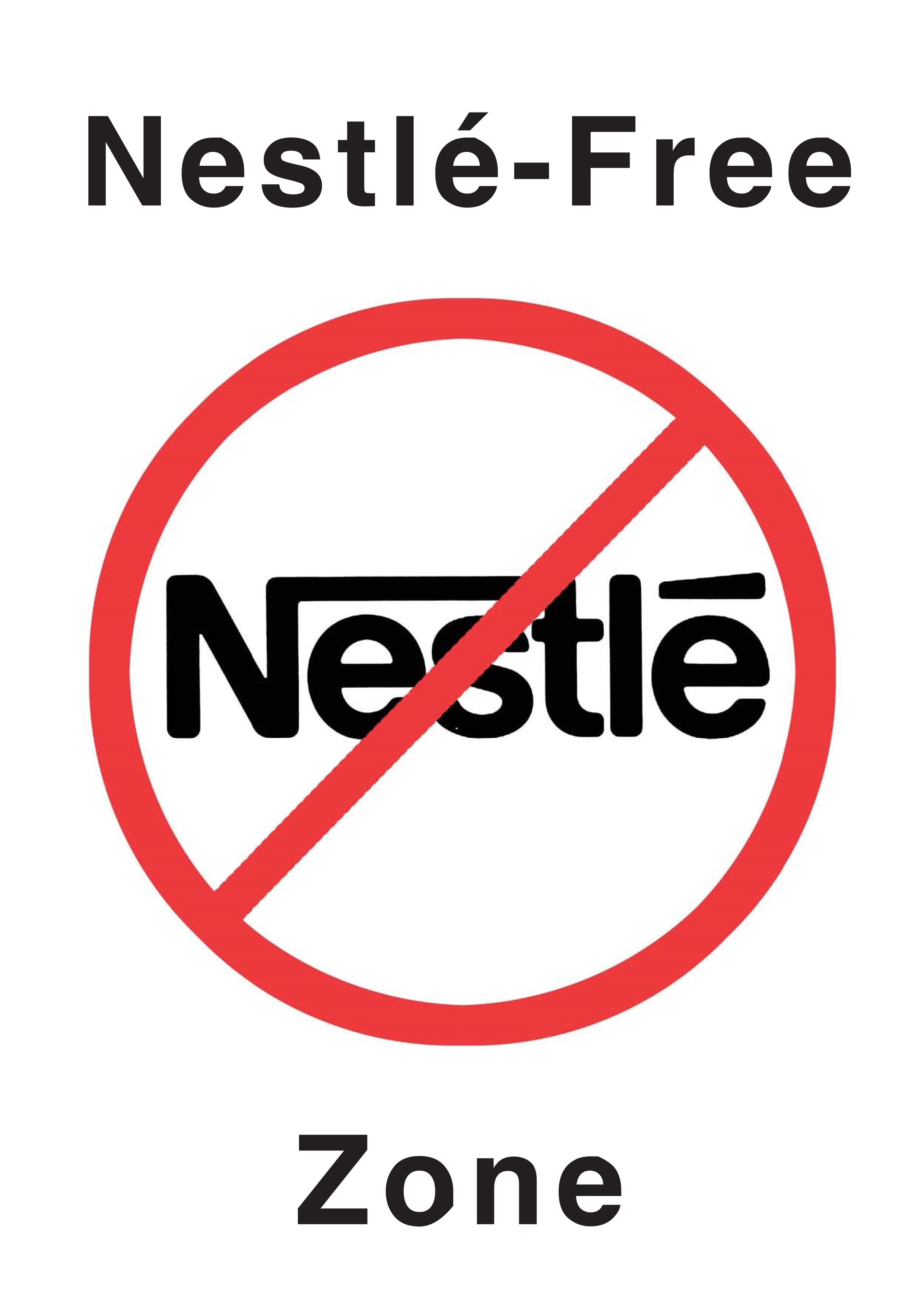Evidence-Based Updates on the First Week of Exclusive Breastfeeding Among Infants ≥35 Weeks
Feldman-Winter L et al. Pediatrics. 2020 Apr;145(4).
Abstract
The nutritional and immunologic properties of human milk, along with clear evidence of dose-dependent optimal health outcomes for both mothers and infants, provide a compelling rationale to support exclusive breastfeeding. US women increasingly intend to breastfeed exclusively for 6 months. Because establishing lactation can be challenging, exclusivity is often compromised in hopes of preventing feeding-related neonatal complications, potentially affecting the continuation and duration of breastfeeding. Risk factors for impaired lactogenesis are identifiable and common. Clinicians must be able to recognize normative patterns of exclusive breastfeeding in the first week while proactively identifying potential challenges. In this review, we provide new evidence from the past 10 years on the following topics relevant to exclusive breastfeeding: milk production and transfer, neonatal weight and output assessment, management of glucose and bilirubin, immune development and the microbiome, supplementation, and health system factors. We focus on the early days of exclusive breastfeeding in healthy newborns ≥35 weeks’ gestation managed in the routine postpartum unit. With this evidence-based clinical review, we provide detailed guidance in identifying medical indications for early supplementation and can inform best practices for both birthing facilities and providers.

